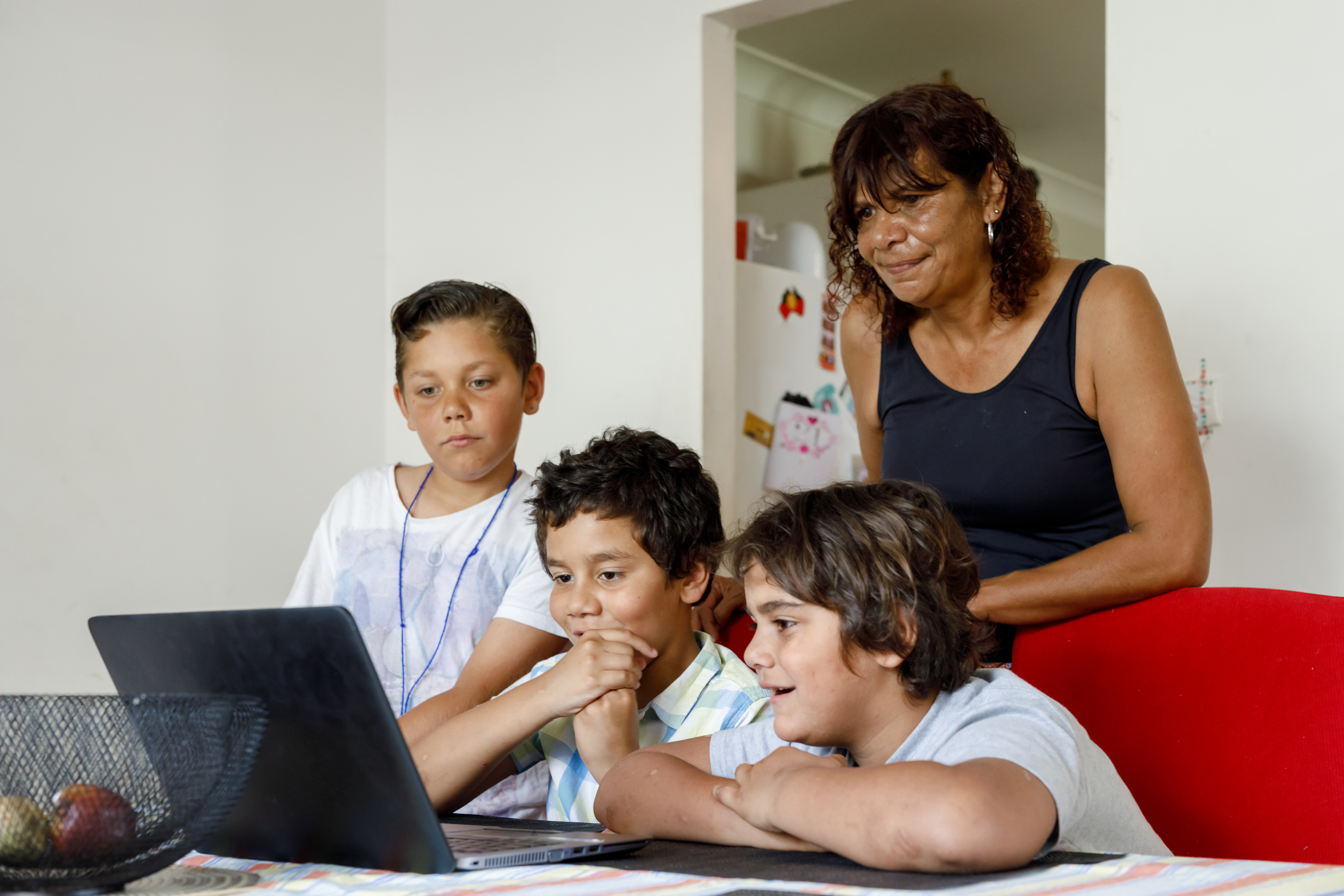Advice secondary menu
Social networking and meeting people
What you need to know
Social media websites and apps are used by young people to build and maintain relationships, showcase their creativity, look for content of interest and connect with others.
Social media allows your child to generate their own content including status updates, comments, images, videos and share these on their own accounts for other people to engage with. They might also comment or ‘like’ a post on another person’s ‘wall’, page, account or forum.
Social media also gives a platform for ‘social media influencers’ which is a term that refers to social media users who have established credibility, large followings and can use their platform to persuade or ‘influence’ others.
Most social media apps also use other features such as private messaging and live steaming, as well as capabilities including temporary ‘stories’ and camera filters.
Social media services typically have location options and can show where your child has been, and can provide personal information to others such as your child’s home location, phone number and school.
Older children or teens might also use dating apps targeted to them, or apps intended for adults, as a way to meet new people.
Advice for parents and carers
What can I do?
- Ensure privacy settings are set to ‘friends only’ or ‘private’ to avoid inappropriate contact
- If something goes wrong, or an interaction makes your child feel uncomfortable or unsafe, know how to block and report
- Talk to your child about never agreeing to meet someone in person they have only ever known through a particular app game or site
Social media accounts are not recommended in this age group.
Social media services have age ratings and restrictions. These are in place for various reasons, including to limit a service’s collection of personal information from a child, but these restrictions can also prevent children from being exposed to inappropriate content.
If your child is using social media they may have ‘friends’ or ‘followers’ on their accounts that they have only met online.
It can be easy for someone to lie about their online identity and some social media services have less verification and sign up processes than others.
Children under the required age may bypass age restrictions on certain social media services by entering a false date of birth in the sign up process. If your child is doing this to be able to access certain platforms, consider who else may have provided false information to sign up.
Ensure the strongest privacy settings are set to limit who can contact your child.
What can I do?
- Know what social media services your child is using
- Encourage your child to use critical thinking skills
- Question new friend or follower requests, or unknown users who make contact
- Ensure privacy settings are set to ‘friends only’ or ‘private’ to avoid inappropriate contact
- Be aware of fake celebrity accounts who might befriend your child.
If your child is in this age group, they may already be using social media services. If your child is using social media, it’s likely they’ll have accounts across various social networking platforms.
Sometimes young people will create multiple accounts on the same service to keep their follower lists separate, such as family members and their friends.
Police are continuously seeing cases where online offenders set up fake social media accounts to befriend young people - they might also send a direct or private message, often asking personal questions and to send photos or videos.
Offenders might offer incentives on social media as a way to manipulate young people in exchange for child abuse material. This can include offers to model or be an ‘influencer’ for a fake company, or to get more ‘likes’ on their accounts.
Encourage your child to be aware of suspicious accounts or users. These typically have generic pictures, little to no followers/friends, and haven’t been active for very long.
Your child should never meet someone in person that they have only ever spoken to online. But, if they do, make sure they know that they need to be accompanied by you or another trusted adult and meet in public places.
They may also receive inappropriate comments on content they create and share on social media. Choosing secure privacy settings and limiting who can access your child’s content can help to manage this.




